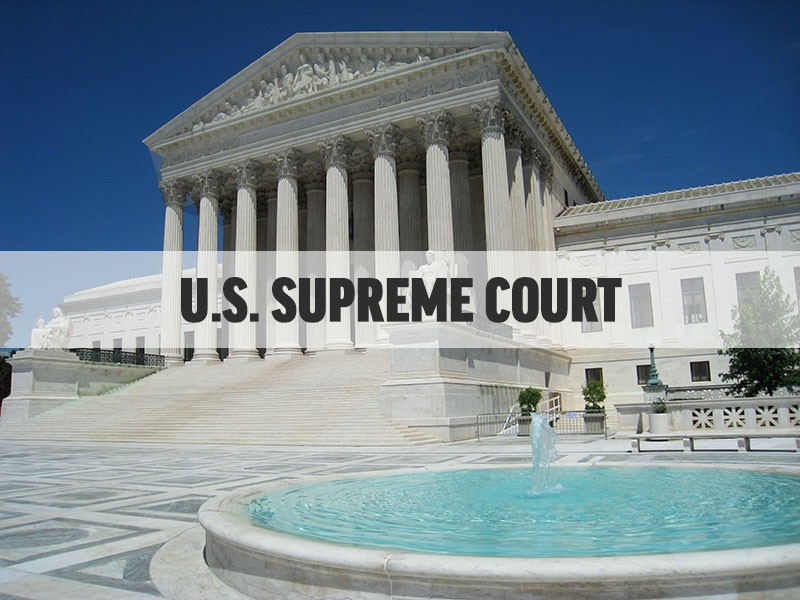ATLANTA (AP) More than 412,000 Georgians can receive tax subsidies designed to make health insurance affordable after the U.S. Supreme Court upheld the nationwide assistance in a ruling Thursday.
Challengers of the Affordable Care Act argued that only people enrolled in a state-run exchange should be eligible for the subsidies. If the court agreed, thousands of Georgians using the federal exchange could have been unable to afford their plans without the subsidies.
But the court's ruling means little will change for those residents using the federal exchange to buy insurance after Gov. Nathan Deal and other state leaders decided against setting up a state exchange. Deal, a Republican, has said that a state exchange would become too expensive. He also opted not to accept expansion of Medicaid eligibility permitted in the health care law.
State lawmakers also have passed a law requiring their approval for any changes to health care coverage.
A spokesman for Deal wasn't immediately available on Thursday.
The state's U.S. senators and attorney general, all Republicans, swiftly released statements disagreeing with the court. Sens. Johnny Isakson and David Perdue pledged to continue working for the health care law's repeal by Congress.
``Today's ruling doesn't change the fact that Obamacare is a disaster and should be entirely repealed,'' Perdue said in the statement.
Attorney General Sam Olens said the court's decision ``threatened our constitutional structure.''
``Today's Supreme Court ruling is a loss for everyone who cares about the Constitution and the rule of law,'' Olens said. ``For my part, I'll continue to fight for our Constitution, the rule of law, and for the Georgians hurt by President Obama's failed domestic policies.''
Supporters of the health care law, buoyed by the court's ruling, said the next step will be convincing state leaders to accept Medicaid expansion. State Sen. Vincent Fort, an Atlanta Democrat, said he thinks some GOP state lawmakers slowly have accepted Medicaid expansion as one way to shore up the state's struggling rural hospitals.
``The change is long overdue,'' Fort said.
Cindy Zeldin, executive director of the advocacy group Georgians for a Healthy Future, called the ruling a ``big relief'' for staffers who gathered around computers awaiting the decision.
``It took a lot of work to make this law happen, to do the outreach and enrollment assistance,'' she said. ``It's been exciting work and a treat to see people finally be able to enroll. And to have that potentially go away it's a big relief.''
Saturday
August 9th, 2025
4:42PM









